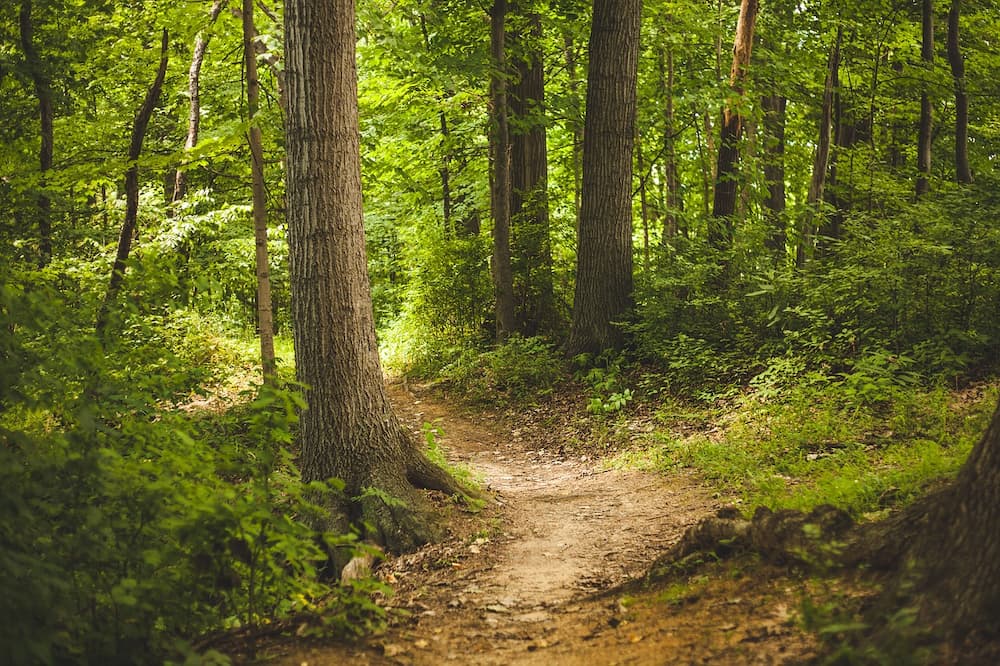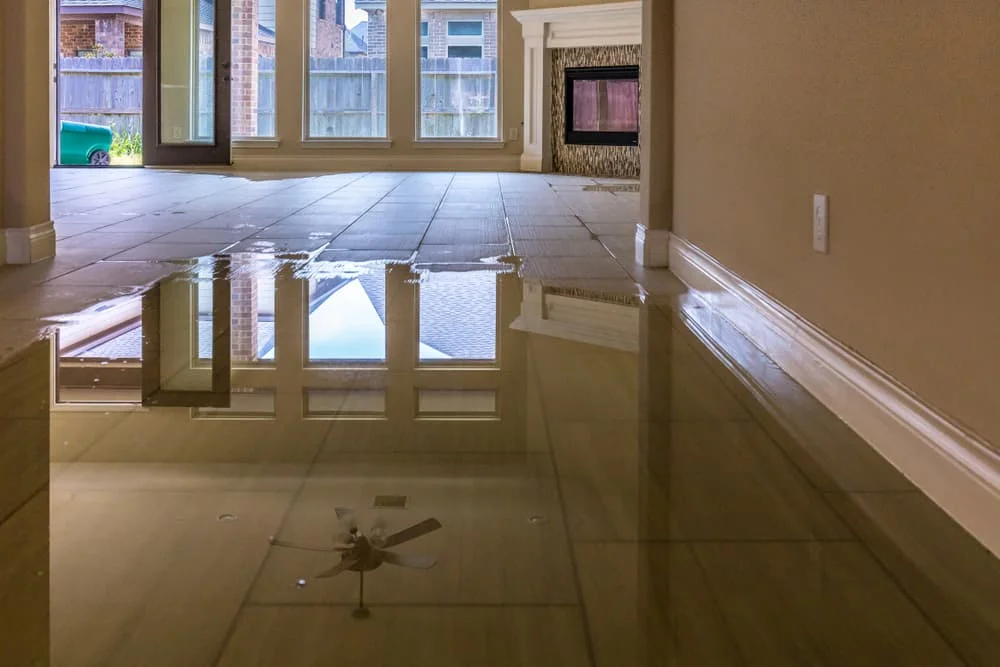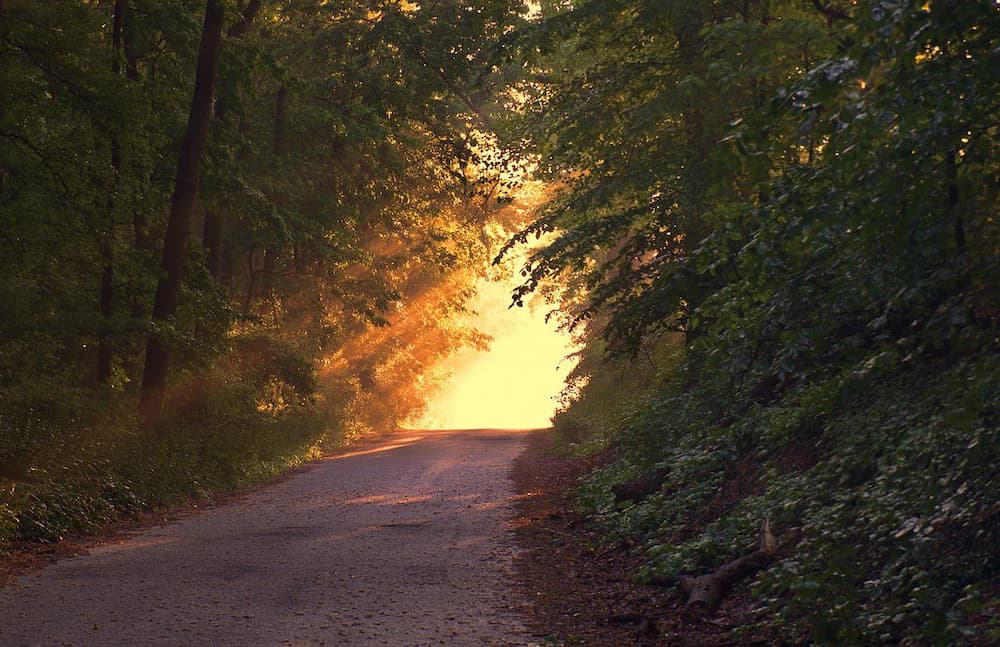Caravans
Caravans are smaller and more confined than houses, with greater fire risks. It’s essential that you install a smoke alarm and a carbon monoxide alarm, and follow these precautions:
- on a caravan site, find out what the fire-fighting arrangements are
- never leave children alone in a caravan
- a fully-charged water or dry powder fire extinguisher should be kept in the caravan near an exit door, and a fire blanket should be next to the cooking area
- keep a torch handy for emergencies and never use candles
- make sure everyone knows how to use escape windows and doors
- keep gas cylinders outside the caravan, unless a specially-ventilated compartment is provided.


Tents
- allow at least six metres (18ft) between tents
- never use candles in or near a tent, always a torch
- discourage smoking, especially in smaller tents
- don‘t use cooking equipment in smaller tents
- make sure everyone knows where the nearest phone is and, if applicable, the nearest emergency fire point
- be sure the cooker is stable, out of draughts and somewhere it won’t get knocked over
- keep flammables (including long grass) away from the cooking area
- avoid using liquid fuel appliances if possible
- only change disposable gas cylinders when they’re completely empty
- never leave a cooker, barbecue, fire, etc burning and unattended, including when you go to sleep.
Carbon Monoxide
Carbon Monoxide is a highly poisonous gas, created when fuels such as natural gas, wood and charcoal fail to combust fully, due to a lack of oxygen. You can’t see it, taste it or smell it, but it can kill quickly with no warning. For further information see our carbon monoxide page.





